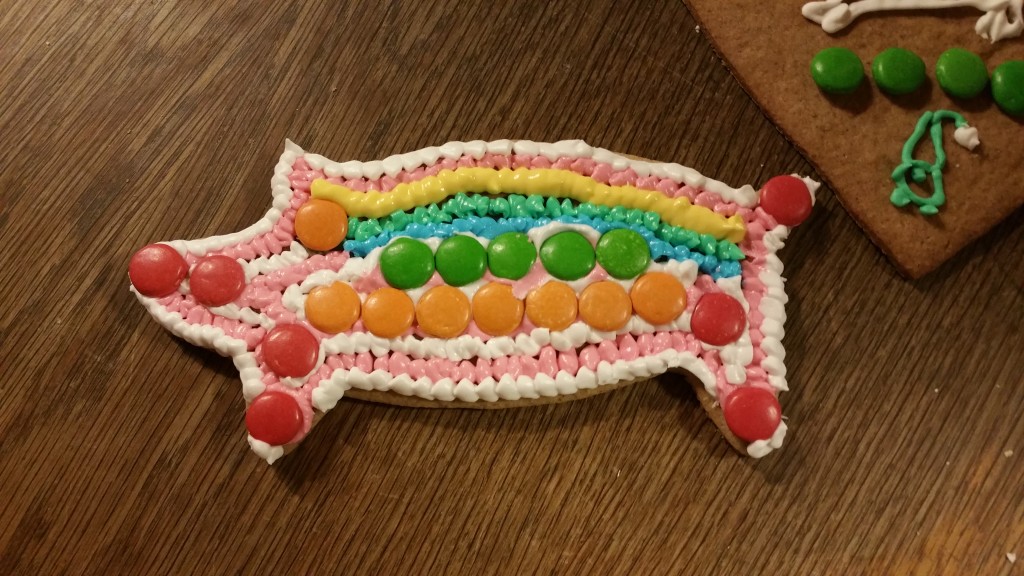Other possible titles:
- DEATH TO… Installers?
- More Avisynth than Avisynth
- Improvements to Reduce Seeking in Source Filters
Welcome to the glorious even numbered release of R30! A release with so many new things a single topic cannot do it justice.
The first point proves that sometimes less is more. There’s now a version for windows that doesn’t need to be installed. It’s used together with embeddable Python and allows vspipe to be used for output. It’s also possible to use the VapourSynth Editor with it by putting it in the same directory.
For those of you who still can’t live without certain Avisynth filters there are great news. Avisynth 2.6 plugins are now supported in both 32 and 64 bit builds. Note that 64 bit builds can’t use 2.5 plugins. Which isn’t a real problem since almost none exist anyway.
And finally the performance related change. This continues the work in R29 of making the time it takes to produce a single frame more consistent. Plugins can now signal that they prefer to have frames requested in sequential order, if possible, and a reasonable effort will be made to make it that way. This fixes most of the remaining possible slowdowns to in scripts because the source filter has to search too much. Note that new source filter builds are needed which will be out soon. FFMS2, d2vsource and L-SMASH works will be released with support for this in a few days… or weeks.
Of course there are some other small fixes too but they aren’t really interesting enough to list here.
Possibly breaking changes:
The resize functions have their default behavior changed to make the colorimetry arguments override the frame properties by default. Previously the frame properties would always take precedence when present. To restore the old behavior set prefer_props.
PlaneDifference is completely removed and PlaneAverage will be completely removed in R32. They’re both replaced by PlaneStats which can calculate multiple metrics at once with no speed penalty.



